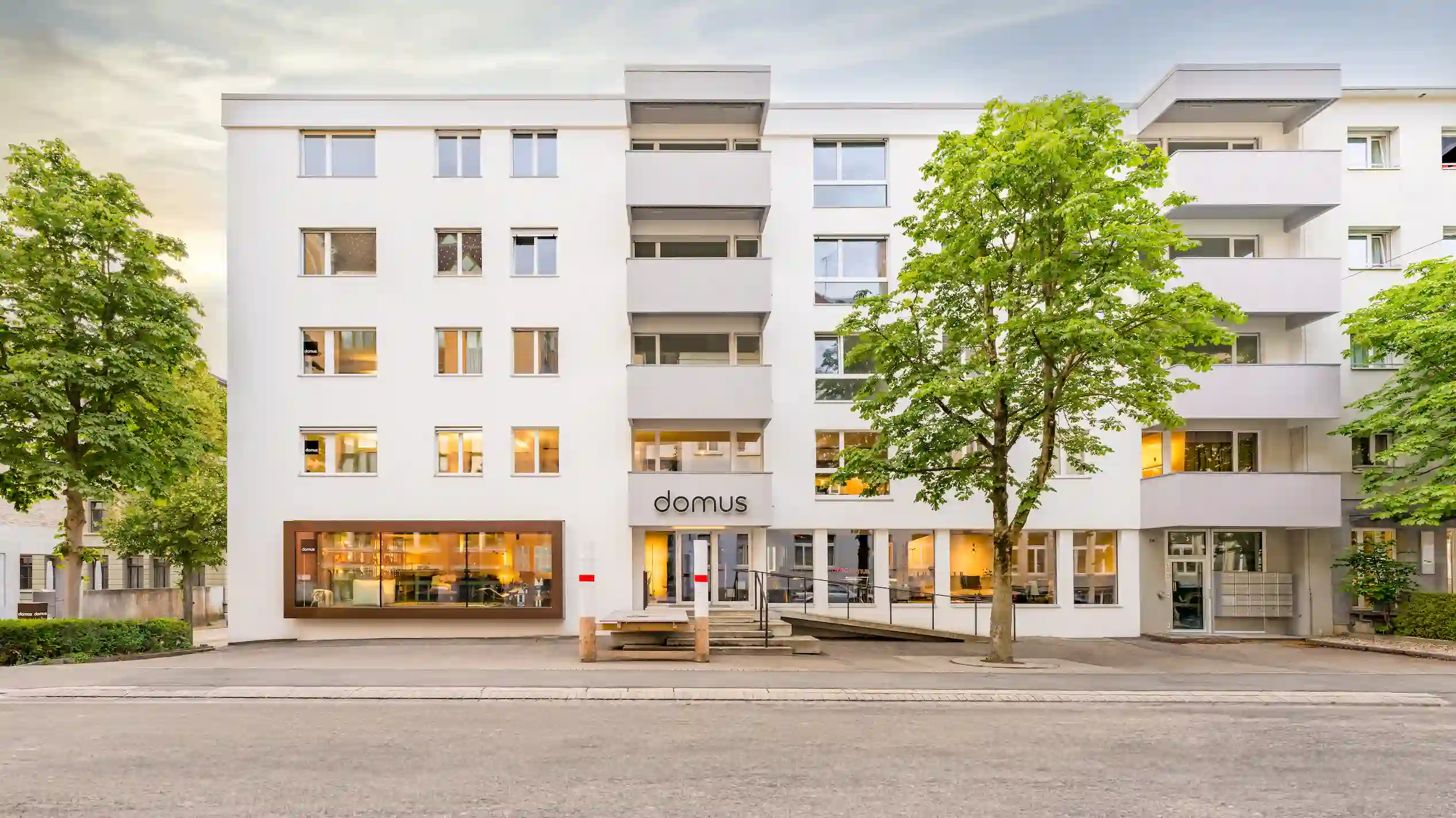
Inspiring Learning at Remigen-Mönthal School
A modern, handy notebook or tablet that boots up quickly, logs into the digital work environment in no time, plus good WLAN and enough power sockets - many pupils and teachers dream of these conditions. At the Remigen-Mönthal school in the heart of Remigen near the vineyards, this has recently become reality. StackWorks has replaced old Windows devices with new Chromebooks and tablets and migrated the learning environment from Microsoft Office 365 to Google Workspace for Education. With this, the former times are passé.

The original situation at the school, with two kindergarten sections and six primary school sections, was similar to what many educational institutions struggle with on a daily basis. The IT was getting on in years, the infrastructure was not up to new solutions. There were only a few, non-uniform devices with Windows operating systems, booting up and logging on to the local server took a lot of time. But the Remigen-Mönthal school wanted to change this under the direction of a working group consisting of the school administration, the school management, teachers and the municipal council as the sponsor.
Diverse IT requirements
Teachers and the community favoured modern, intuitive notebooks and a working environment that would still allow them to use the software LehrerOffice. In order for them to immediately find their way around the new environment, they wanted comprehensible training. In order to be able to concentrate fully on teaching, an external specialist was to take over necessary maintenance work. "We were looking for a solution with optimally coordinated hardware and software that would keep costs permanently low," explained local councillor Dieter Läuchli. Due to his experience as Head of Hardware Engineering at SIUS, manufacturer of electronic hit displays, and his interest in technology, he supported the working group with his know-how.
The path to the Google solution
The members of the working group elicited offers from various service providers - both Windows-based and ChromeOS-based. In this process, they compared the costs for the required services. Google was able to score with a more favourable price. "However, we were convinced by the simplicity, for example when setting up the notebooks. We were of the opinion that because of this, further work would also be cheaper," reported Dieter Läuchli, who in the meantime looked back on many years of positive experience with Google Workspace at SIUS and considered this to be a sensible step for the school.
The working group became aware of StackWorks through Google's partner list. The cloud partner from St. Gallen stood out from the other service providers with its holistic offer. This is because StackWorks takes care of the procurement of notebooks and tablets, the licences for Google Workspace for Education, the migration of the existing data to the Google Cloud and the set-up of the working environment. Together with Lutz Education, StackWorks provides training for the teachers. The project group concluded that the specialists know what teachers need. They also discovered the support packages, so StackWorks emerged as a provider that could offer all the desired services from a single source.
In addition, the project team was given a budget to calculate with right from the start. The framework agreement with Google concluded by the specialist agency Educa provided security that Google Workspace for Education could be used in a legally secure way. Thus, both the local councillors and the citizens voted in favour of the offer in early summer 2021 and awarded StackWorks the contract.
Trainings for the teachers
After the starting signal, new cables were laid in the school building and the infrastructure was renewed. StackWorks first developed a concept: "We made very good progress, the meetings were pleasant," recalls Dieter Läuchli. StackWorks took care of the procurement of a total of 95 Chromebooks and tablets for pupils, teachers as well as the lower school and prepared them for the use of Google Workspace for Education. They also set up Google Workspace for Education.
StackWorks also integrated Lutz Education into the project. Business owner Michael Lutz taught the basics of working with the learning platform in three training sessions. For this, the teachers took on the roles of the students as well as their own. Session 1 included the start-up and set-up of the Chromebook and the TeacherOffice. Particular attention was paid to two-factor authentication. This was followed by the Drive, Gmail and Calendar apps. Teachers learned how to move their old files and folders to the cloud and create, share, edit and comment on new documents there. Pre-set bookmarks made it easier to find the apps and websites. A "Question/Unclarities" form offered the possibility to record things that had not yet worked or questions. These were discussed in the next workshop.
Session 2 was about Meet and Google Classroom with a focus on privacy. Future courses and assignments in draft mode were created and student invitations were sent. Session 3 focused on reviewing Google Classroom. In addition, the use case of distance learning was run through. New additions were Flippity, Eduprotocols and Anton. In addition to the technical and user finesses, the participants focused on pedagogy and methodology.
The different learning units were spread over several months so that the teachers could implement the tasks and try out new things. Questions were answered by email or discussed in the next session. Detailed course materials were provided for all sessions. These are still available in a Google Classroom course at the Remigen school.

In addition, a tutorial website with Google Sites was created, which provides links to the Google Workspace training and handed over to the ICT pedagogical officer. Tips and tricks can thus be integrated in the future.
Satisfied teachers, enthusiastic students
"Michael Lutz and Gábor Kertész took a pedagogical approach and had great patience. We felt very well looked after," said headmistress Anna Ferroukhi and clarified: "I found the work of Lutz Education and StackWorks symbiotic." She herself thought she would have more trouble getting used to working in the cloud. "But now I am almost only using the Chromebook," the headmistress confesses.
This meant that classes could start in the spring of 2022. For this purpose, the pupils' Chromebooks were distributed to the 5th and 6th classes. The 22 pupils in class 5 were the first to try out the new technology. It is used in the subjects media and IT, maths, German and NMG.

We are very satisfied and are happy to recommend StackWorks, Chromebooks and Google for Education.







Learning that is fun
The girls and boys are enthusiastic. "They like the fact that they can fold the Chromebooks down so that they can be used in tablet mode," says Rolf Zeyda, a 5th grade teacher. He describes, "Logging in is easy, only once in a while a student forgets his password." Even at home, everyone has easy access to their data via the cloud.
The teachers are happy too. They can continue to use LehrerOffice and in StackWorks they have a partner who is available to them within a very short time even after the start-up if they have any questions. "We are very satisfied and are happy to recommend StackWorks, Chromebooks and Google for Education to others," says Anna Ferroukhi. The municipality is pleased that the Remigen-Mönthal school is equipped for the future - and with low-maintenance IT that keeps costs permanently low.











